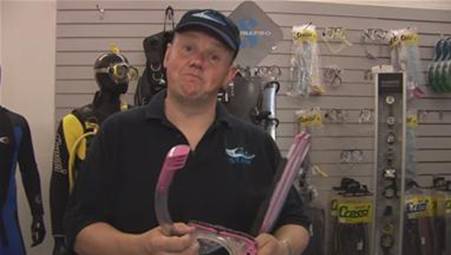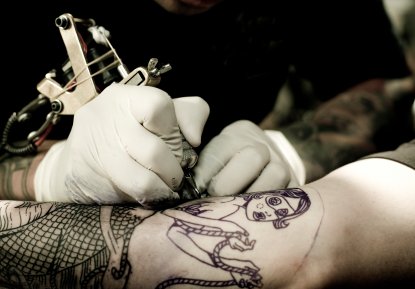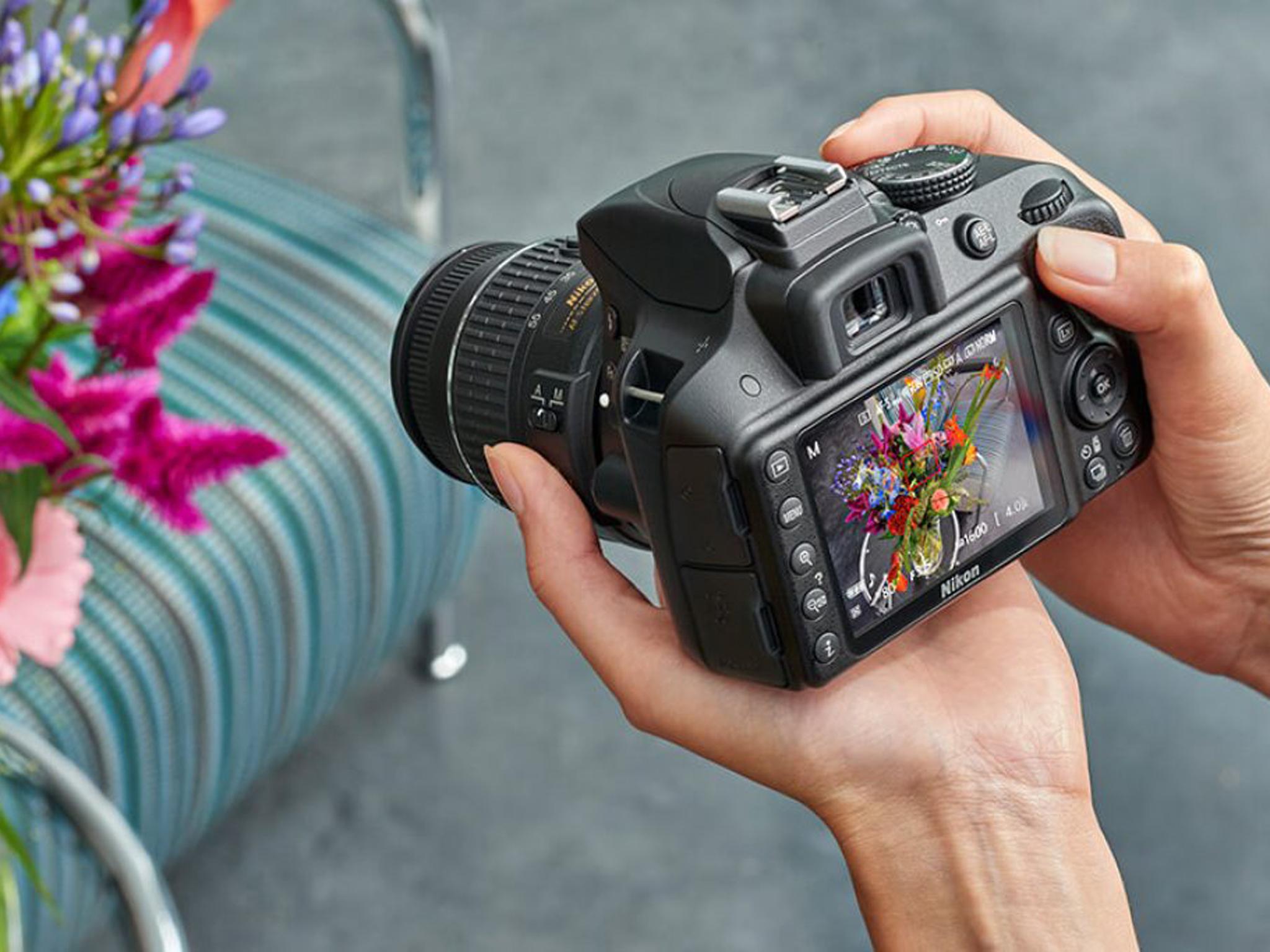Are you new to snorkeling, or perhaps thinking about introducing a beginner to the sport? Safety is always a first priority! Snorkeling is a very safe activity for people of any age and level of physical ability, but there are still inherent dangers built-in. This guide will make sure that you’re prepared to handle just about any unexpected snorkeling situation.
1. Emergency Whistle
Never hit the water without a safety whistle. A good dive whistle is extremely loud and should carry half a mile over water on a clear day. It is much easier to get the attention of a passerby if you are using a whistle compared to shouting – and you are less likely to tire yourself out doing so. Make sure that your whistle is large and easy to grip so you can find it easily and without panic.
Clip your whistle to your snorkeling vest or wear it around your wrist. It can be difficult to find the appropriate waterproof whistles and bracelets if you have to rely on inland sporting goods stores, but you can find them online with ease. Take some time to shop at SnorkelGear.com, and maybe check out signaling mirrors and compasses if you want a few backup options.
2. Skin Suit
Are you planning to snorkel in an area with jellyfish? There are jellyfish at some of the most popular snorkeling destinations, so there is very little to worry about – but even if you do encounter some jellies up close and personal, wearing a skin suit can make a huge difference. Skin suits are thin wetsuits intended for warmer or even tropical waters. They’ll also help to protect against sunburn and rashes from fire coral.
Sometimes wearing swim socks and gloves can be enough to protect the areas more likely to come in accidental contact with creatures that sting. Make sure to pay extra attention to the cautions that your tour captain provides so you know how to recognize stinging species. Of course, it’s important to remember that coral grows very slowly and all snorkelers should take extra precautions to avoid damaging it with a misplaced hand or fin.
3. Floatation Device
There are several floatation devices available to help snorkelers with low energy or poor swimming skills – the most popular is the ubiquitous snorkeling vest, an inflatable vest that helps snorkelers retain a low-effort horizontal position on the water. Most of these vests are highly adjustable and allow you to add as much or as little air as you need to feel comfortable.
Other options include “pool noodles” (those foam tubes sold in many pool supply stores) and inflatable armbands. You can rent or buy these options, including the snorkeling vest, at any dive equipment shop at your destination. Your tour captain might even have a few extra floatation devices on hand for those who forgot to bring their own.
4. Prescription Mask
People who wear prescription glasses during other activities should try to obtain a matching prescription mask as well – the ability to see clearly will help you remain calm and locate your group or partners during an emergency. If you can’t have a prescription mask customized in time for your trip, ask your ophthalmologist about using soft contact lenses instead. There are very slim chances of finding an adequate over-glasses mask at your equipment rental store.
Don’t forget to pack a little bit of mask defogger even if you have perfect vision. Or do as the pros do, and simply rub a small amount of toothpaste or saliva on the inside of the mask before rinsing with a little water for the same effect.
5. Safe Case
Bring identification and medical information on all your adventures. First-time snorkelers tend to leave their important documents at the hotel for the snorkeling portion of their vacation because they don’t know how to keep it safe on the boat – but the boat is the best place for it. Pack your important documents in a water-safe case so you can either leave it with the tour captain or clip it to your swimsuit/skin suit while you snorkel.
Make sure to include information about allergies and a list of the medications you take, especially if you are travelling out of the country. Snorkeling is one of the safest and most enjoyable activities for people of all ages and levels of ability, but there’s no such thing as showing up too prepared.
Don’t wait until you arrive at your destination – make sure you have time to test out your safety gear by purchasing it beforehand. Get excited about snorkeling safety and ensure your underwater adventure goes as smoothly as possible.




